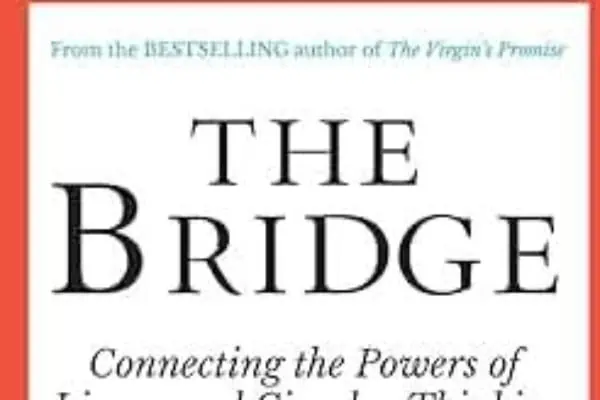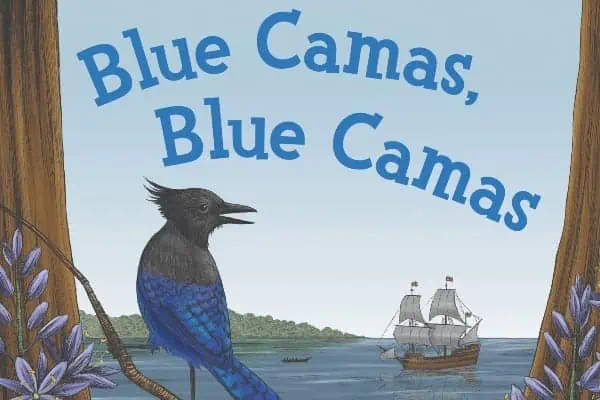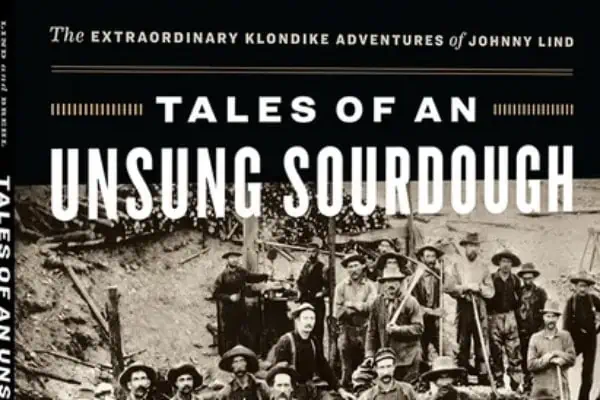Just for the heck of it, let’s take a look at three English words that, on the surface of things, appear to have a lot in common.
Before we start, I want to mention once again my amazement that anyone can actually understand the English language. Whether it is our native tongue, or we came to it later in life, it is a ridiculous spiderweb of inconsistencies and absurdities.
Our language is a mishmash – or mishmosh, to be more faithful to that term’s Germanic-Yiddish origins – of borrowings, adaptations and outright thefts from Indo-European, Anglo-Frisian, Latin, Greek, Celtic, and heaven only knows how many other linguistic roots.
As the world becomes smaller, and other cultures push their way into our consciousness through food, music, dance, technology and other influences, English is becoming richer and more nuanced, but inevitably less precise.
How it attained the status of lingua franca it currently enjoys in commerce, and much of everyday discourse throughout the world, defies rational explanation.
In considering the words I have chosen for today’s discussion, I invite you to join me on page 956 of the Concise Oxford Dictionary, Fourth Edition. Or, on page 1,073 of Webster’s New World Dictionary, Third College Edition.
Those who relish having access to even more words about words may turn to page 2,357 of the Shorter Oxford English Dictionary, Fifth Edition. Whatever your preferred source, however, mosey over to the area with words that begin with “prodig”.
For me, this line of inquiry started when my new editor at What’s Up Yukon remarked in an email that I was “prodigious” in my writing.
I was pretty sure he meant “prolific”, but what if he actually meant “prodigal”?
My scantily-remembered lessons from Sunday School – lo, these many decades ago – brought to mind a wastrel, a misfit, a rebel who squandered his resources before returning home in shame and humiliation (see Luke XV – verses 11-32).
Was the man paying a compliment, or insulting me? A writer must always be en garde. Editors are a sneaky lot.
For the record, I hereby paraphrase what I discovered about these three seemingly-related words: prodigal, prodigious, and prodigy.
Prodigal is either an adjective or a noun, basically referring to a reckless or wasteful person. Since I barely know the editor in question, I doubt that’s what he meant (unless he’s been Google-researching me extensively).
Prodigious, it transpires, means marvelous, amazing, enormous, or abnormal.
Prodigy refers to something marvelous, wonderful, or outside the course of nature – or to a person possessed with surprising qualities.
I’m far too old and ordinary to be considered any kind of prodigy, so I’ll go with Door Number 2. Thanks, Boss. But I’m really only prolific.
(Ed. note: The editor stands by his use of prodigious. Ken’s proclivity to make common the prolific production of profound product is most uncommon. I’ll take quality over quantity, unless I can get quality in quantity. I’d rather not be the prodigal son.)




